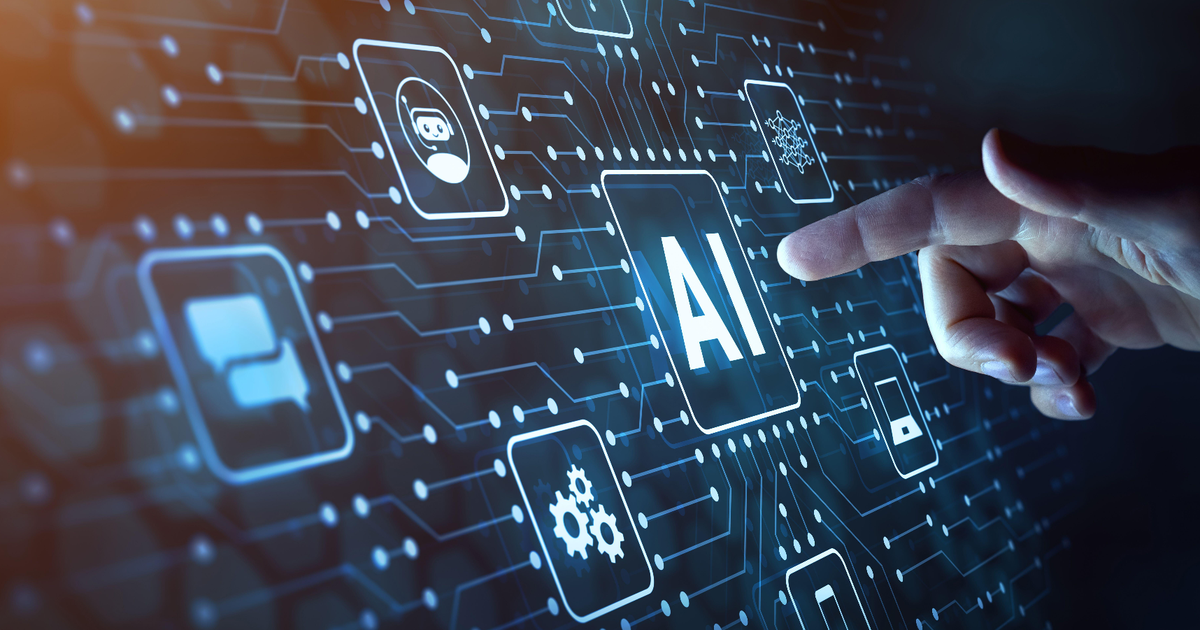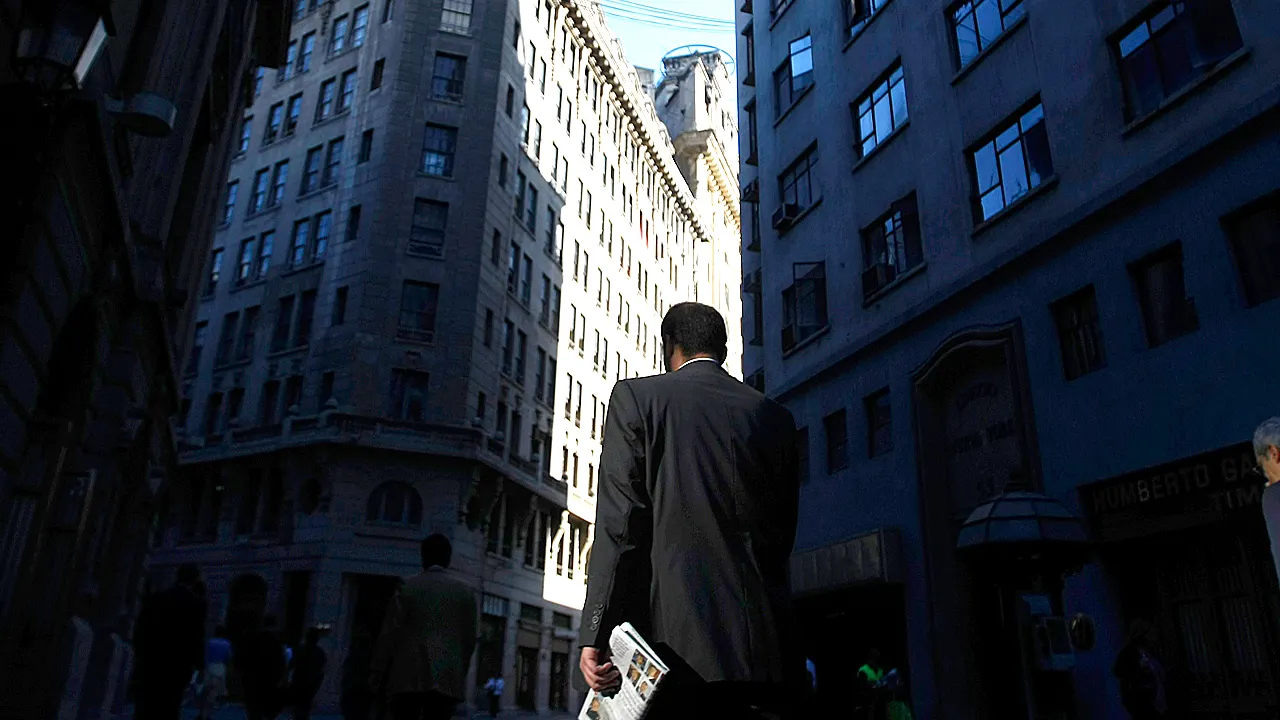The rapid adoption of artificial intelligence (AI) tools has sparked fears of massive job losses and a disrupted career ladder. However, experts suggest that AI could also create new job opportunities, challenging the gloomy forecasts.
AI's Dual Impact on the Job Market
While AI may upend some positions, it's also expected to generate roles that require managing or quality-checking AI tools, as well as jobs demanding complex or creative thinking to complement automated tasks. The exact nature of these new roles remains uncertain, but the potential for job creation is significant.
Divergent Forecasts on AI's Job Impact
Predictions vary widely:
- Dario Amodei, CEO of Anthropic, warns that AI could halve U.S. entry-level jobs within five years.
- Conversely, a World Economic Forum survey of 1,000 large companies predicts AI will be the top driver of job gains by 2030, creating 170 million jobs globally while displacing 92 million.
The Historical Context
Historically, technological advancements have created more jobs than they've destroyed. However, AI presents a unique challenge. Ethan Mollick, a business professor at the University of Pennsylvania, notes, "AI is a very different technology. But we don't know the shape of that."
Current Trends in AI Jobs
- AI-specific job listings have more than doubled from 2023 to 2024, with a 56% increase in 2025 compared to the previous year.
- Roles fall into two categories:
- Retrofitted positions (e.g., software engineers or attorneys specializing in AI).
- New AI-exclusive roles, such as AI trainers who optimize technology through expertise in subjects like foreign languages.
The Future of AI Jobs
The path forward is unclear. Some analysts foresee roles focused on evaluating AI output quality, while others believe AI may render such positions obsolete. Specialized roles, like diagnosis-focused doctors, could emerge, but AI might also threaten even niche professions.
A Call for Caution
Experts advise against making hasty career decisions based on current AI trends. David Autor, an MIT professor, emphasizes, "We're not good at predicting what the new work will be; we're good at predicting how current work will change."





Comments
Join Our Community
Sign up to share your thoughts, engage with others, and become part of our growing community.
No comments yet
Be the first to share your thoughts and start the conversation!